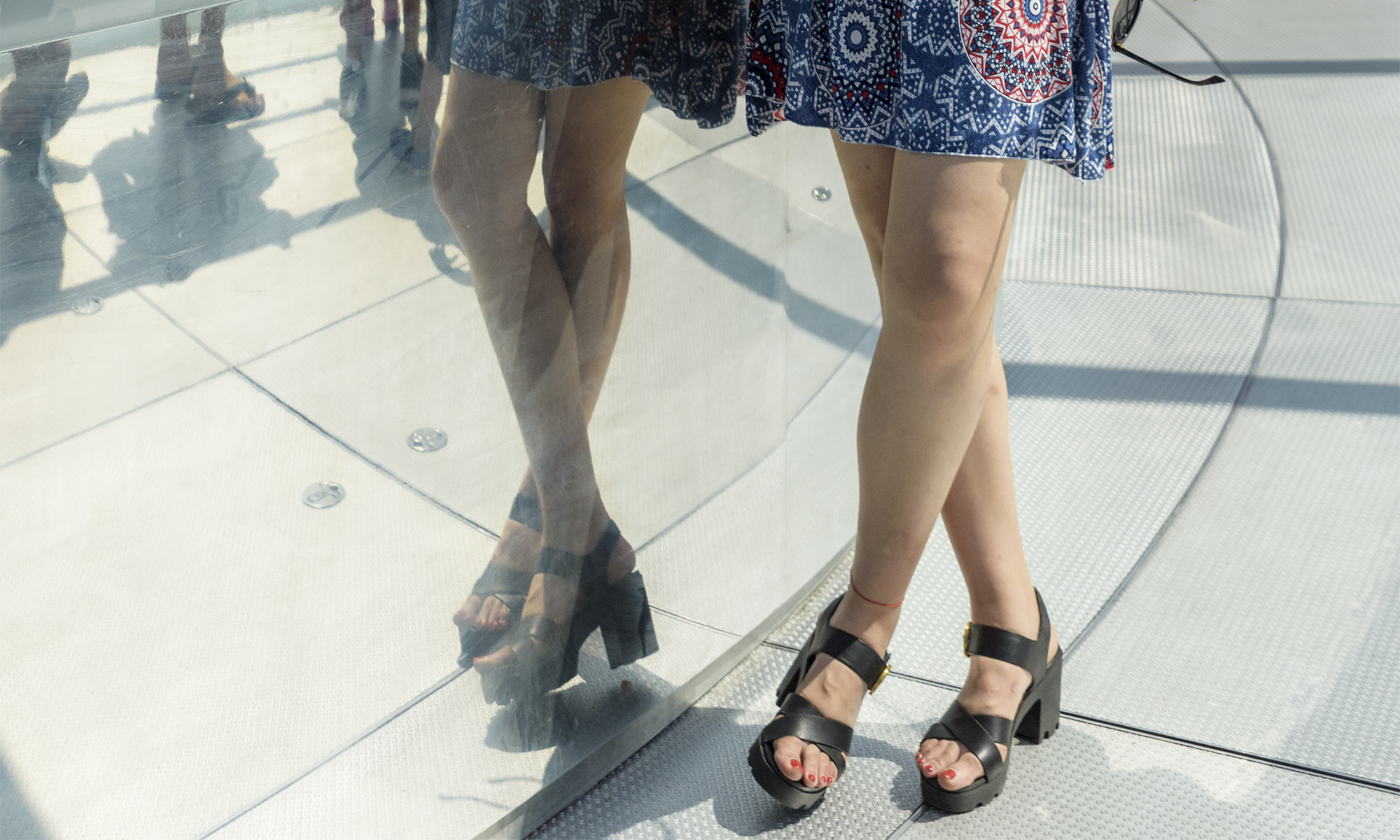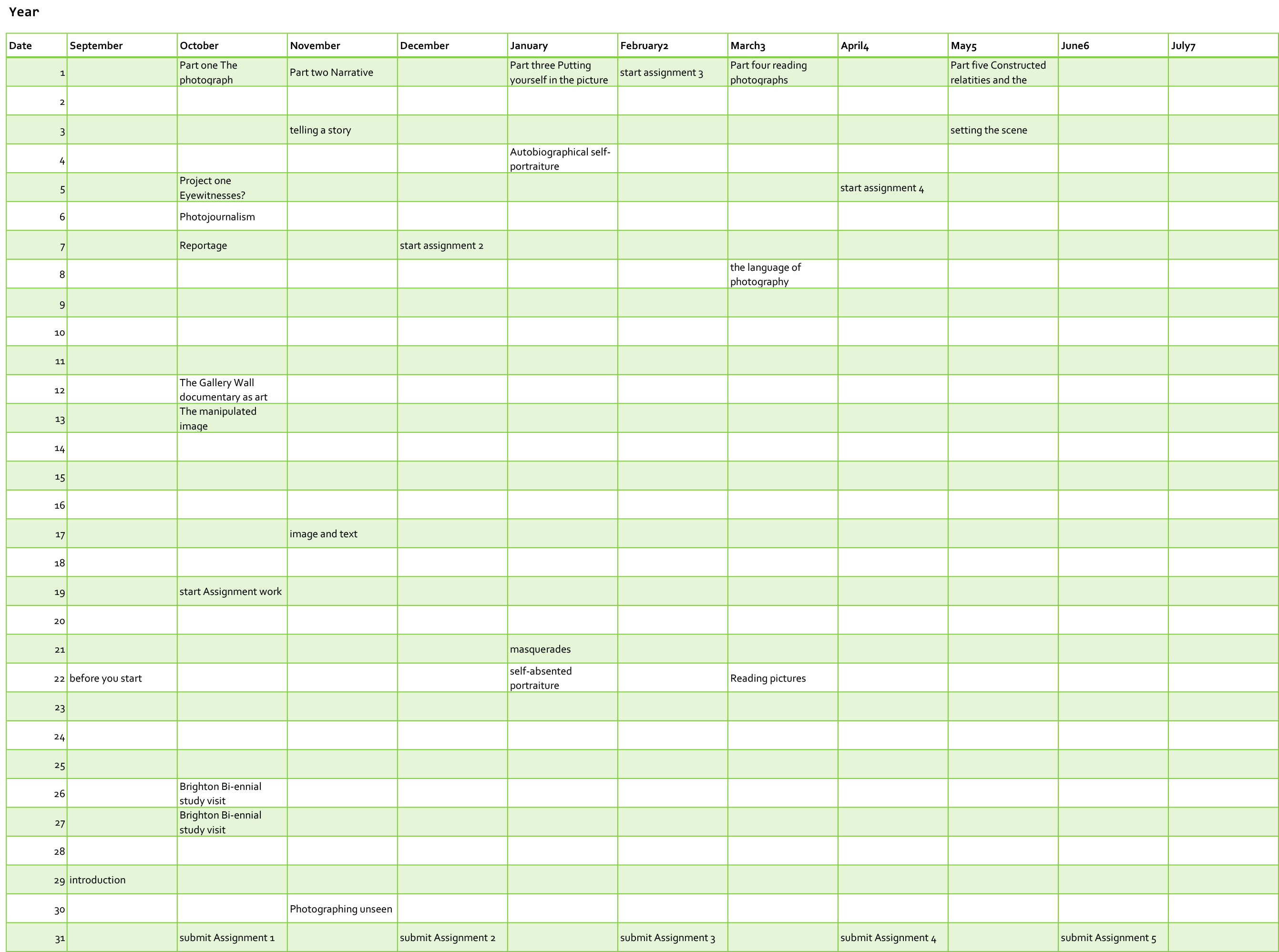As you develop as a photographer, it’s important not only to develop strong technical skills but to use them effectively to promote your ideas and intentions. Your practical work should reflect what you’ve been learning both in terms of technique and your conceptual intentions.
Self-reflective writing will help you to order your own thoughts but will also help your tutor and course assessors (if you go down this route) to understand your intentions, how you intend to carry them out and how the result meets, or fails to meet, your intentions. Keep your reflective accounts relevant and concise. Be critical of your own practice – not necessarily negative, but thoughtful and reflective, perhaps with a little distance. Write factually about how your technical decisions, ideas and contextualisation have come together to create a successful (or, in some cases, not so successful) final outcome. Give reasons as to why you believe the outcome is successful/unsuccessful; this will help you progress next time and will provide a basis for discussion with your tutor. At assessment it will also demonstrate how well you understand your own work, which is very important.
Ideas books and diaries can be useful adjuncts to the learning log that records your artistic journey. Get into the habit of making notes as you go about your normal routines; these may prove very useful when you look back on them later. You’ll be using a diary in Part Three so you may wish to get a head start by keeping one from the beginning of the course.
Overall it is our hope that you’ll combine technique, personal intention and contextualisation in the final outcome to produce compelling and coherent practical projects that evidence a depth of research and personal vision.
Keeping this is a guide to use when reflecting on my work
I have read assignment three with regards to keeping a diary. Traditionally I’ve never been very good at doing this, so this will be a challenge for me. I will think about how best to approach it and put something in place.

